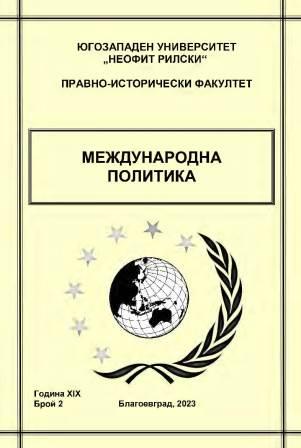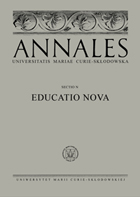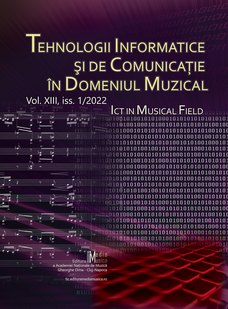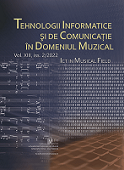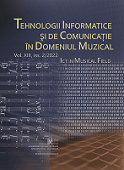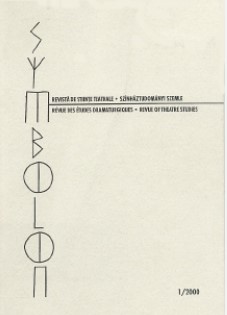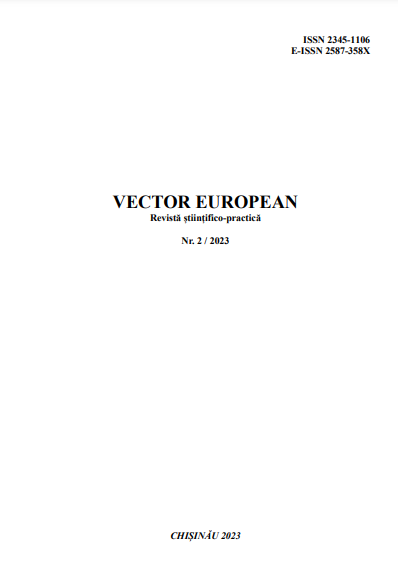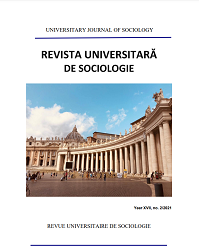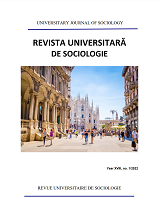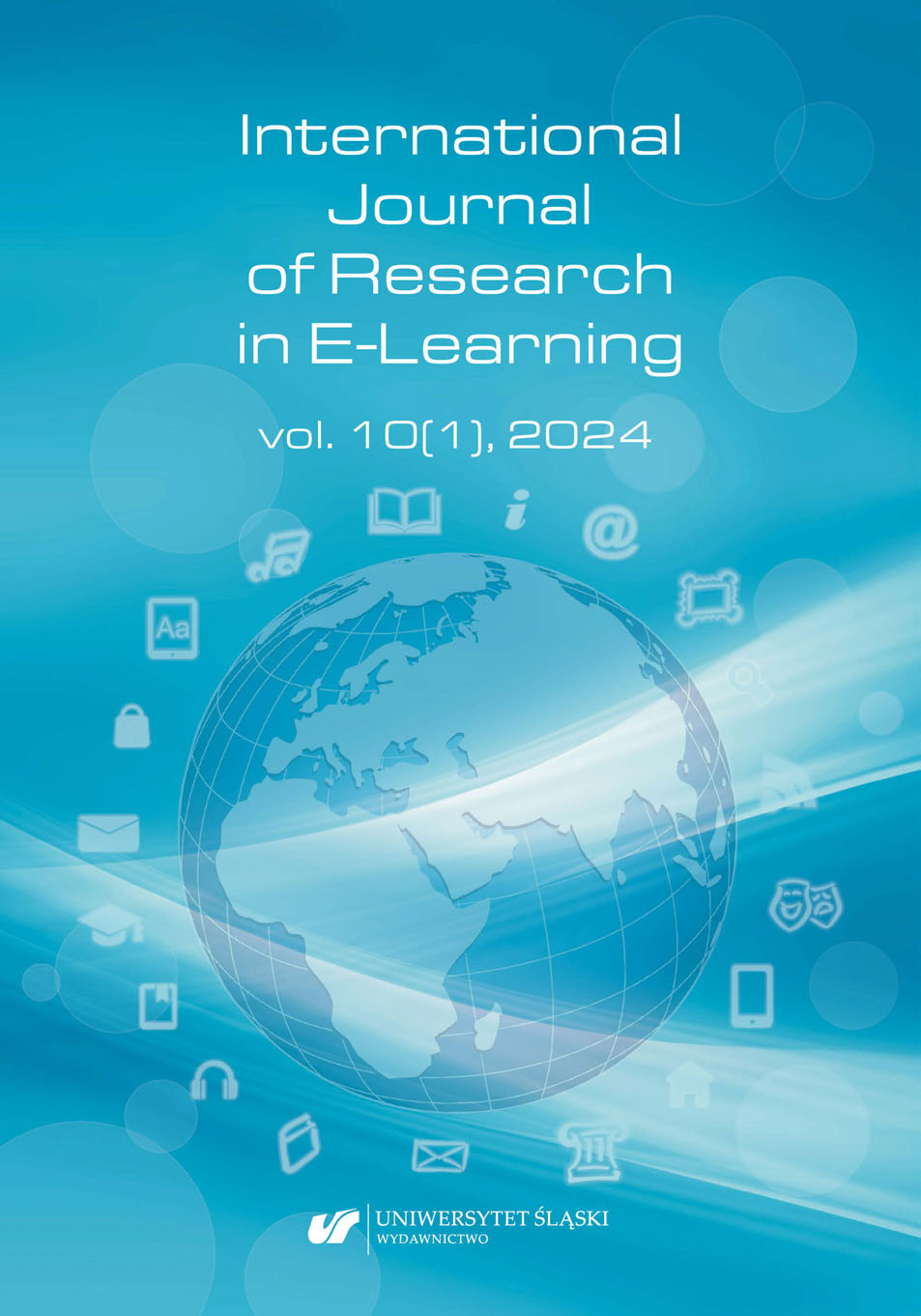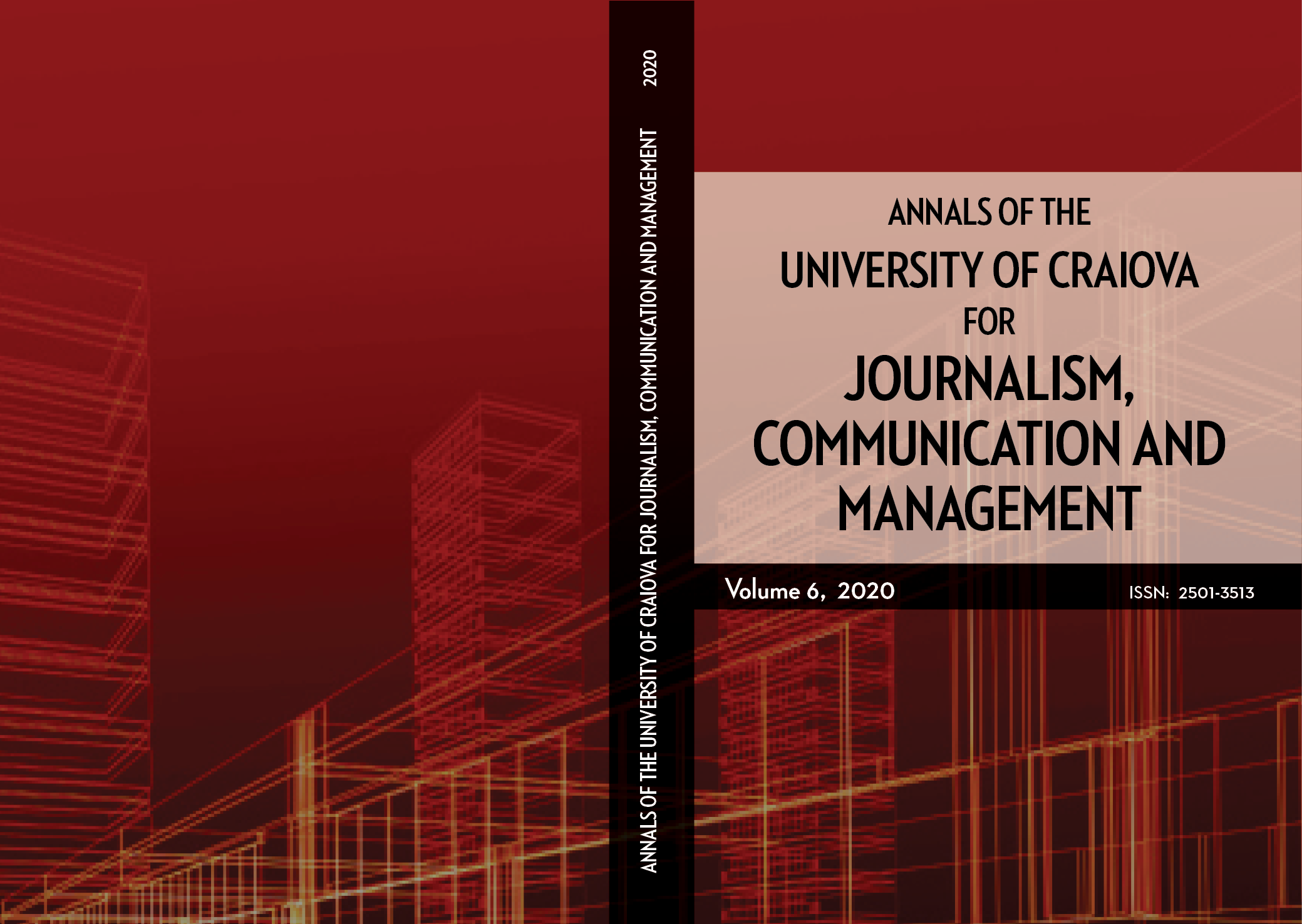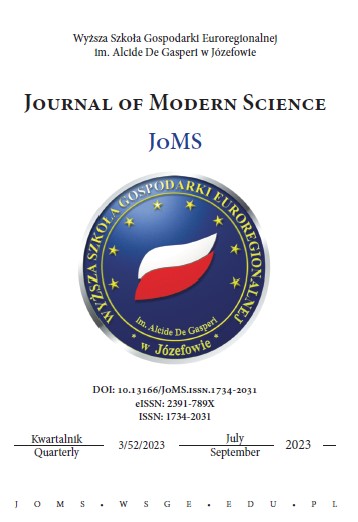
KSZTAŁCENIE NA ODLEGŁOŚĆ W WARUNKACH MŁODZIEŻOWEGO OŚRODKA SOCJOTERAPEUTYCZNEGO W OPINIACH RODZICÓW WYCHOWANKÓW
The COVID-19 pandemic, and particularly the period of emergency remote teaching, have shown how Poland’s educational system coped with teaching curricula in reliance on new technologies. Past lockdown the general education system heralded success, but education of children and youths with special educational needs seemed to go unnoticed. The process of education had to be carried on under lockdown conditions often with direct (in-person) involvement of teachers, class teachers as well as tutors at boarding schools. This article presents Part Two of the record on research in this area. The main goal of this article was to learn the opinions of over 50 parents of students with special educational needs on the ways and the effectiveness of emergency remote teaching and to come up with ideas for future improvements to organization of distance education of students at special education centres. The following three queries were set for examination ahead of this research: (1) General assessment of preparedness of special education centres for distance education needs; (2) Assessment of distance education quality at special education centres and out of the centres’ premises; (3) Assessment of communications quality at special education centres. This research relied on diagnostic survey method (Bauman, Pilch, 2001, p. 79). The applied technique was survey (Bauman, Pilch, 2001, p. 96). The research was conducted in the period October – December 2020. This research met the criteria of evaluation research and can be defined as ex-post evaluation (Haber, 2009, p. 142). Survey for parents comprised 26 ques-tions including 24 closed-ended questions, two open-ended questions plus three demographic questions (the child’s sex, school form and group number). Research material was statistically analysed in reliance on SPSS v. 27 software.
More...
